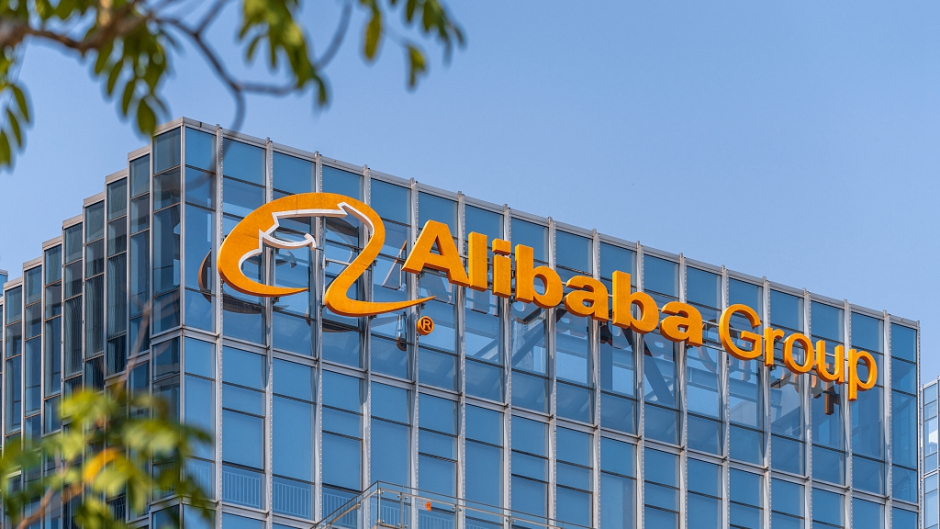Analyst believe that splitting up the empire will help reduce investigations and scrutinization by regulators and authorities
Chinese multinational technology company Alibaba Group is splitting into six separate units and is searching for different fundraisings and listings for each one of the six units. This plan was announced by the Alibaba group itself on Tuesday, after China promised to ease its regulations and start supporting its private enterprises.
Ever since Chinese regulators started their crackdown on massive private technology companies in 2020, the share prices for Alibaba Group have gone down 70%. However prices have risen up by 14% after China announced an ease in its regulatory crackdown.
Calling this the biggest restructuring in its 24 year history, Alibaba Group announced that it would now split into six units, namely the Cloud Intelligence Group, Taobao Tmall Commerce Group, Local Services Group, Cainiao Smart Logistics Group, Global Digital Commerce Group and Digital Media and Entertainment Group.
Made just a day after Alibaba Founder Jack Ma came back to China, the decision to split into six separate companies is believed to help Alibaba Group to come out of regulatory target, after having faced years of scrutiny.
Alibaba’s Chief Executive Officer ‘Daniel Zhang’ says that “the original intention and fundamental purpose of this reform is to make our organization more agile, shorten decision making links and respond faster.”
Following the split, Alibaba Group will now act as a holding company for most of these splitted companies, whereas it will serve as the CEO for Cloud Intelligence Group.
Daniel Zhang will continue as the CEO of Alibaba Group, while all 6 companies will have their own CEO’s and board of directors, giving them the ability to seek capital and even a separate IPO.
While all other becoming separate groups, Taobao Tmall Commerce will remain a wholly owned unit for the Alibaba Group.
Both small and large investors believe that this split ends all regulatory concerns for Alibaba Group, while also wiping out the worries about the company’s management and growth potential.
“By paving the way for Alibaba’s various new units to list, the Chinese government may be signaling less hostility towards its tech giants as a placatory message to US and international investors,” said Global Macro Research, managing director, Hariharan.
Read more:











